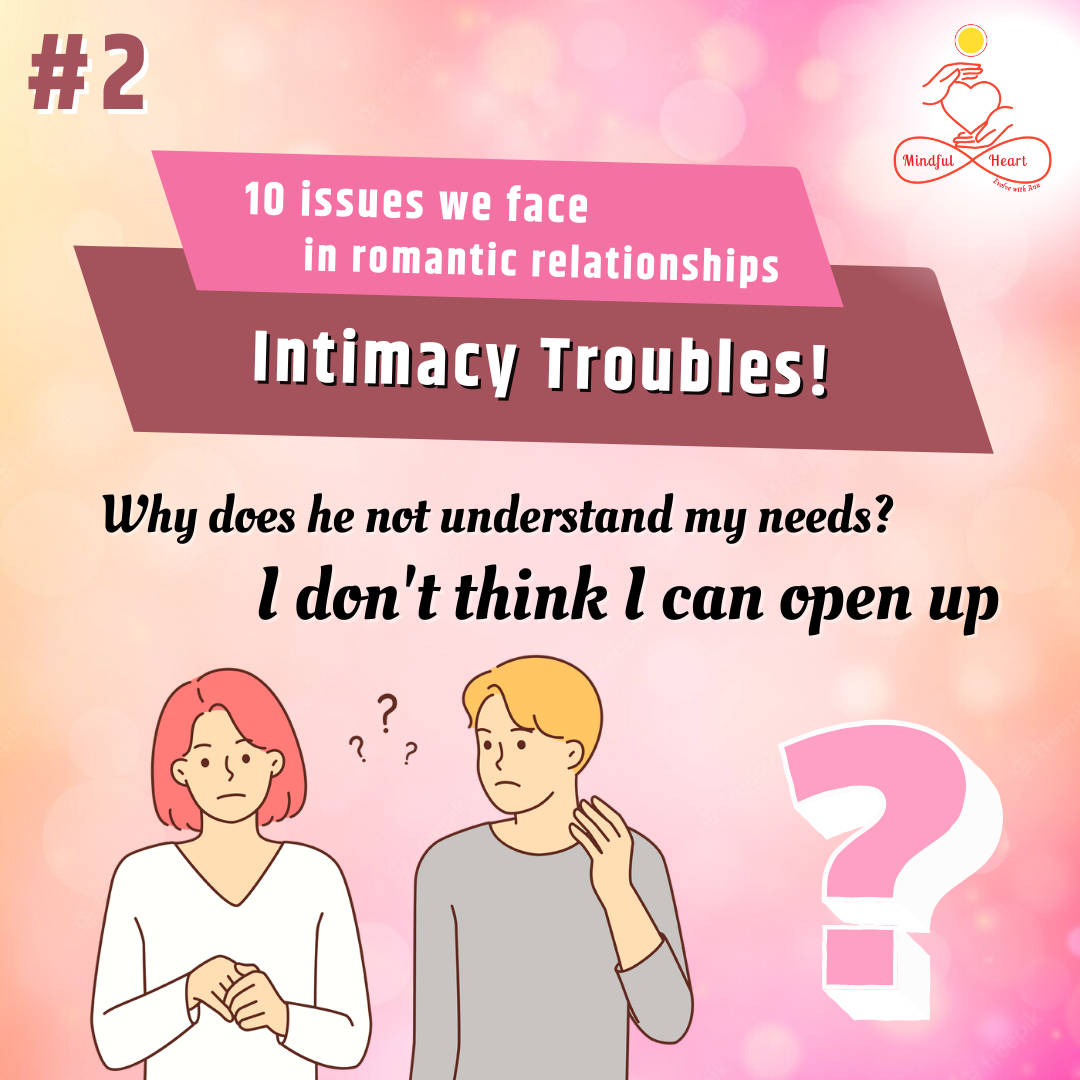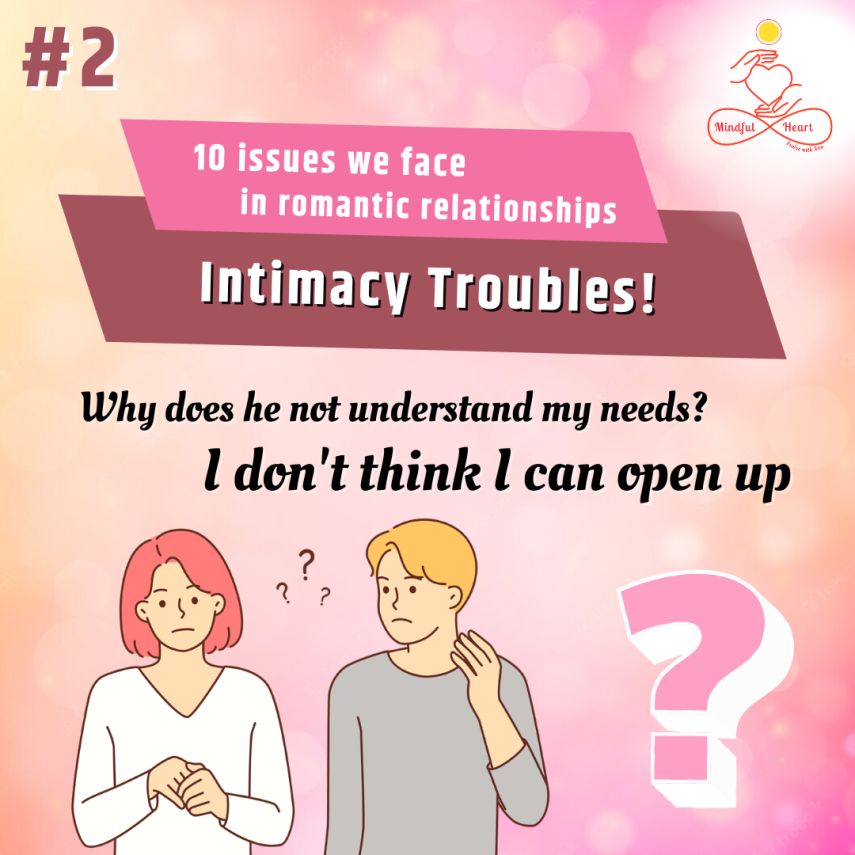
You might assume that when you hear the word “intimacy,” it refers to sexual connections. One does not, however, automatically entail the other. Actually, intimacy is a lot more than just touching, kissing or holding hands. It is also the extent to which someone (hopefully!) knows the other person ‘inside out’, as well as being able to extend compassion, trust and empathy towards each other.
Consider how you feel when you are intimately involved sexually with your partner and when you are just hanging out and watching TV with them. This can perhaps assist you in comprehending the significance of various forms of intimacy in your partnership.
Now as intimacy is stated to be the ‘connectedness’ between two people, this means that when there is a problem with (or a lack of) intimacy, it may indicate a problem with the relationship.
The most prevalent cause for emergence of intimacy problems in a marriage is the misalignment of spouses’ levels of intimacy and wants. This creates an imbalance of energies in the relationship when one partner desires intimacy more frequently than the other.
Intimacy issues may also stem from an anxiety disorder which makes it difficult to form close, intimate relationships. There are possibly many causes of this issue which can include childhood sexual abuse, low self esteem, emotional disturbances or similar traumas.
People who battle with a fear of intimacy may also doubt their ability to receive affection and sex and hence may steer clear of close relationships out of apprehension of being rejected. These symptoms, which can be mild to severe, make it eventually difficult for someone to build enduring emotional relationships.
According to marital counselors, open, transparent, honest, and effective communication are extremely crucial for building healthy intimacy in a relationship. Effective listening is an essential component of good communication, along with the ability to put ideas into words. For instance, if one person has a history of being more “closed,” they may need to work on being more open which in this case, the other person may also need to be attentive and give more space.
Moreover, coping effectively with intimacy troubles begins with recognizing the symptoms and finding help. Thus, it is important to find a therapist and work with them to learn about the issues and work toward changing the behavior itself as finding the right therapist is the first step to facing intimacy avoidance and finding happiness.
If you relate to any of our content and is looking to seek help, look no further. Reach out to us at Mindful Heart and talk to our therapists for guidance and solutions.

